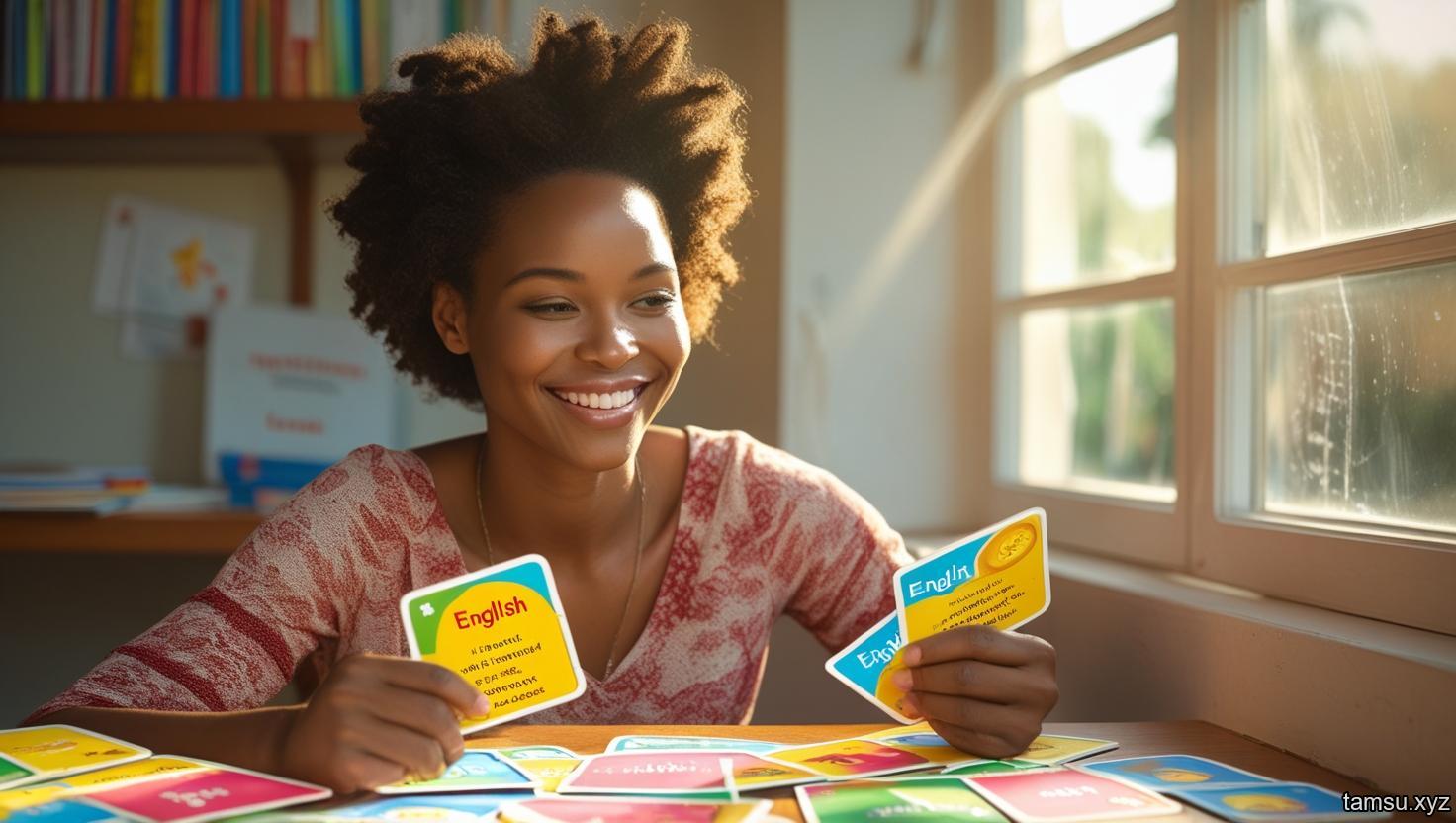
Topic
Hobbies and Interests introduces vocabulary related to leisure activities, personal passions, and how people spend their free time. This topic includes words such as music, painting, reading, gardening, photography, and chess, along with useful verbs like play, collect, enjoy, explore, and relax. These terms help learners talk about what they like to do, describe their favorite pastimes, and connect with others through shared interests. This set of vocabulary is ideal for casual conversations, social interactions, and writing or speaking about yourself and your lifestyle. Each word is supported by real-life examples and visuals to help learners remember more effectively and express their interests naturally in conversations, journals, or presentations.
 Vocabularies:
Vocabularies:- gardening
ˈɡɑːrdnɪŋ
- painting
ˈpeɪntɪŋ
- photography
fəˈtɒɡrəfi
- cooking
ˈkʊkɪŋ
- reading
ˈriːdɪŋ
- hiking
ˈhaɪkɪŋ
- traveling
ˈtrævəlɪŋ
- playing music
pleɪɪŋ ˈmjuːzɪk
- bird watching
bɜːrd ˈwɒtʃɪŋ
- writing
ˈraɪtɪŋ
- collecting
kəˈlɛktɪŋ
- yoga
ˈjoʊɡə
- cycling
ˈsaɪklɪŋ
- astronomy
əˈstrɒnəmi
- fishing
ˈfɪʃɪŋ
- knitting
ˈnɪtɪŋ
- pottery
ˈpɒtəri
- gaming
ˈɡeɪmɪŋ
- surfing
ˈsɜːrfɪŋ
- meditation
ˌmɛdɪˈteɪʃən
Learning by topic makes vocabulary easier to remember and apply
Learning vocabulary through familiar, everyday topics like family, food, emotions, or transportation helps learners quickly visualize real-life situations and use the words naturally in conversation. When words are grouped by meaningful context, the brain retains them more effectively and allows for more flexible use. This method also mirrors how native children acquire language — learning through vivid, contextual experiences rather than isolated word lists.
Ask AI for the word you need – and learn in groups for smarter retention
If you need to use a new word in daily conversation, you can ask AI what it means, how to use it, and which topic it belongs to. Once you know the broader topic, you can explore related words to “learn one, master many.” For example, if you ask about “passport”, AI will tell you it’s part of the Travel topic — from there, you can also learn visa, airport, luggage, etc. This method helps you expand your vocabulary intelligently, while building a deeper understanding of how words fit into real-life contexts.
Basic topics:
1. EDUCATION
2. SCHOOL OBJECTS
3. NATURE
4. ANIMALS
5. LEISURE TIME
6. HOUSE AND HOME
7. FRUIT AND VEGETABLES
8. CHARACTERISTICS
9. BODY PARTS
10. FOOD AND DRINKS
11. BODY MOVEMENTS
12. CLOTHES AND ACCESSORIES
13. EMOTIONS AND FEELINGS
14. COOKING VERBS
15. JOBS AND OCCUPATIONS
16. COLORS AND SHAPES
17. VEHICLES
18. TRAVEL
19. FAMILY
20. LIFE
21. WORK
22. SCIENCE AND TECHNOLOGY
23. SOCIETY
24. ENVIRONMENT
25. TRANSPORTATION
26. HOBBIES AND INTERESTS
27. MEDIA

You Learn a Lot But Still Forget – Why Vocabulary Doesn't Stick
You study many words but can’t recall or use them correctly? The problem may lie in how you study.
Đọc tiếp →
Fear of Making Mistakes – A Major Barrier to Speaking English
Why learners fear speaking English and how to overcome it.
Đọc tiếp →
Learn languages with flashcards: Remember longer, respond faster
Flashcards with images not only help you remember but also create a real-life context, helping you to naturally respond to vocabulary like a native speaker.
Đọc tiếp →
To learn English effectively, you must have enough vocabulary
Learning to listen, speak, read, and write is more effective when you have enough vocabulary. This is the key to rapid progress in English.
Đọc tiếp →